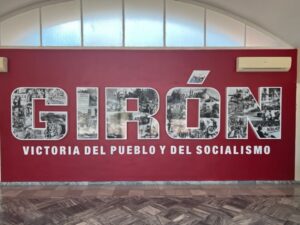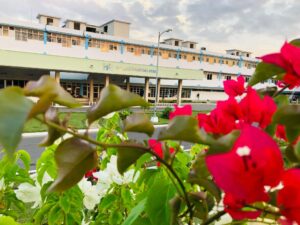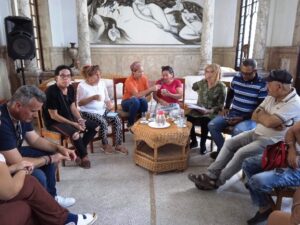Céspedes: Independence or Death.
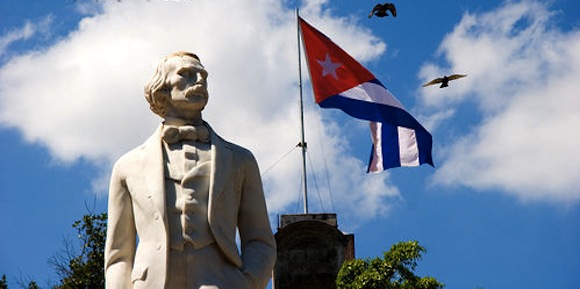
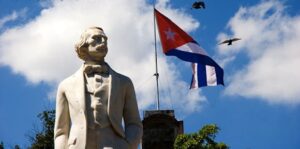
The libertarian seed that germinated in the soul of the young lawyer and landowner from Bayamon Carlos Manuel de Céspedes y del Castillo, who became the precursor of the first outbreak of independence in the history of Cuba and epitome of impetus, freedom and revolutionary fervor, is well known.
Since proclaiming that memorable October 10th, 1868, to the detriment of the colonial context, the emancipation of his slaves and calling them to join him to fight for abolition and independence, La Demajagua marked the beginning of a long and difficult road undertaken by the Father of the Homeland and from which we still admire and extrapolate experiences.
Glorious phrases such as «Twelve men are enough to achieve the independence of Cuba» or «I am the father of all Cubans who have died for the Revolution», the first setback in Yara, the capture and burning of Bayamo and the Assembly of Guáimaro, among many other passages, turn the Ten Years’ War into a direct witness of the revolutionary actions of this major general of the Liberator Army and first president of the Republic in Arms.
For someone who, since he was a child, received classes in Grammar, Latin, Logic and Ethics, graduated with a Bachelor’s Degree in Civil Law, obtained a Bachelor’s Degree and Doctorate in Law, traveled through Barcelona, France, England, Switzerland, Turkey, Greece, Germany and Italy, it is not surprising that he mastered the characteristic languages of these places and saw, in translation, narration, journalism, criticism, acting, literature and even in music, new ways to excel his academic and artistic skills.
He bequeathed to Spanish some songs of the Latin epic The Aeneid, wrote the comedy «Las dos Dianas», a pamphlet sympathetic to the defense of the country, several poems, including La Conchita and, together with Francisco Castillo Moreno, the music of the romantic piece La Bayamesa by José Fornaris, adjudged as the first of the Cuban popular songbook.
Likewise, translation linked him to another of his passions: chess, since in addition to publishing in the Santiago newspaper El Redactor his Spanish version of the French volume Las leyes del juego de Ajedrez, according to his personal assistant, Colonel Fernando Figueredo Socarrás, he carried the pieces and the board through the manigua and rarely allowed himself to lose in duels.
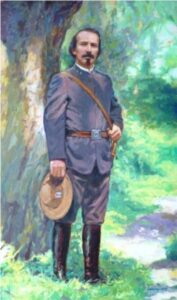
The initiator of the Wars of Independence found in this sport a strategic background to prepare the insurrectionary struggles, in horseback riding the perfect excuse to provide riders with the best tactics on horseback and in fencing the way to instruct those who would raise the machete as the characteristic weapon in battle, while he excelled in dancing, gymnastics, hunting maroon pigs and swimming.
That February the 27th, the science game would give him his last farewell. Dressed in cloth and vest, dressed and ready to gallop his Telemachus, he decided to pour his knowledge into the last game. The mortal stupor was looming. Pertinaciously he tracked the Spanish squad until he surprised the Father of the Homeland, who, deprived in comparison with his attackers, was wounded and succumbed agonizingly to the final lethargy. Scattered on the chess ground his pieces and in the sky, like stars, the virtues of his being.
Written by Yadiel Barbón Salgado.


